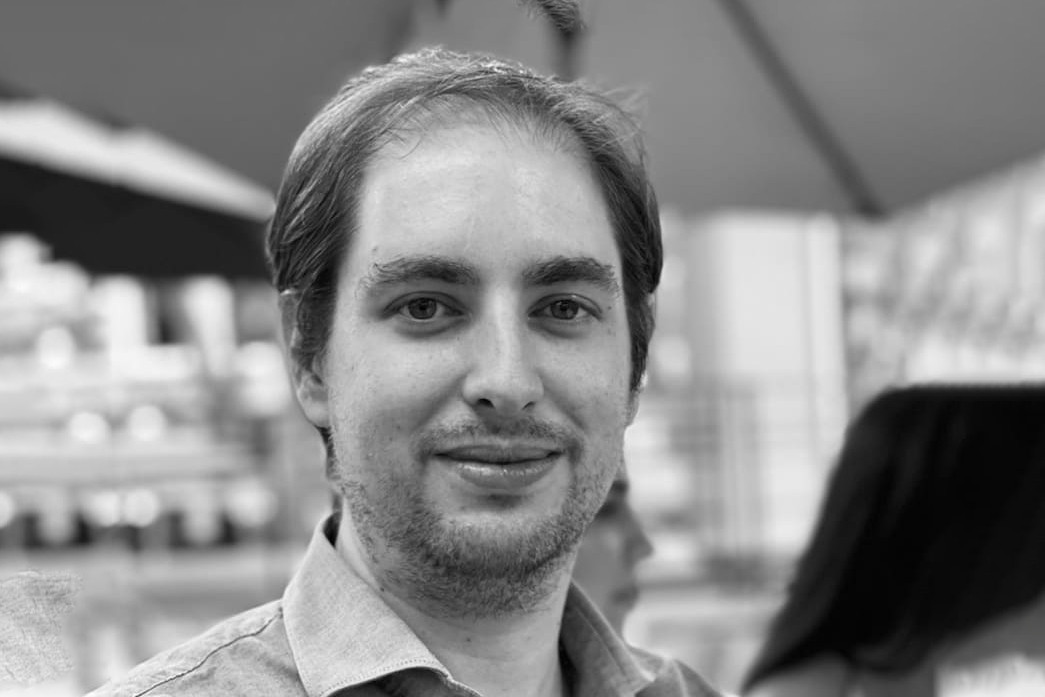Anthony Winkel: Albert Camus said that 'to name things badly is to add to the misfortune of the world'. In my opinion, before choosing the vocabulary you want to use in a conversation or a speech, you should ask yourself to whom you want to address these words.
Thus, in front of a person who has very little command of the vocabulary we use, we can be very eloquent by using very simple and accessible words, whereas if we are addressing a person who is educated about the subject we are speaking about, eloquence will be the guarantee of a constructed and precise vocabulary. Therefore, eloquence is not defined in terms of mastering a rich and complicated vocabulary, but in terms of the ability to understand the audience you are addressing.
AW: When I was young, I wanted to be in the theatre, to be on a stage, to be able to bring different characters to life. Like Cyrano, I knew very early on that I could only get noticed by the power of words, not by my looks. Having had a rather solitary childhood and adolescence, my only company was the great authors of literature. They helped me to build myself up, to find those words that I lacked in the first place to express my joy or my pain.
I didn't go to school, and I'm one of the few people in my family to have been educated, so words helped me to get out of my condition and to take revenge. Speaking helps me to fight my shyness, and it is my history that has led me to a taste for words.
AW: I have a particular fondness for this quote from La Rochefoucauld, which states that 'true eloquence consists of saying everything that needs to be said, and saying only what needs to be said'. In a trial, I think that this eloquence is necessary at the criminal level, either to allow the healing of the wounded soul of a victim, or to tell the story of a person who may come to commit the irreparable.
In both cases, the lawyer is there to tell a story... of a defendant, of a victim, and like any story, this one needs to be developed. This is not necessarily the case in other areas, where the lawyer is more effective when he is clear, precise and above all concise. Eloquence depends, in my opinion, on the subject we are dealing with, but above all on our listeners."
